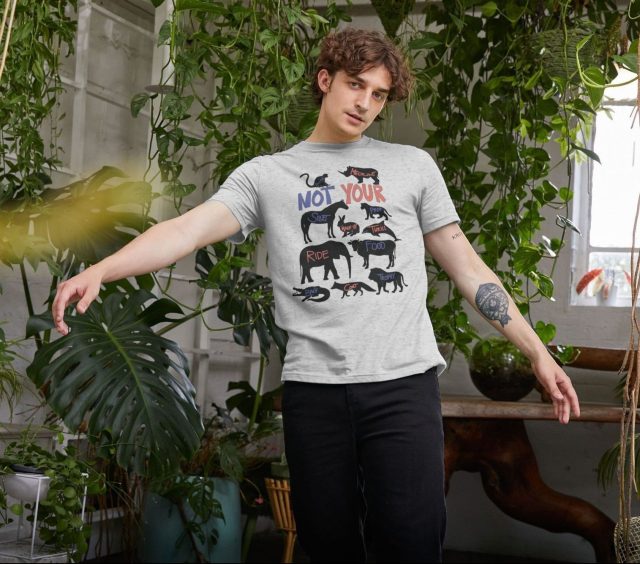Help keep One Green Planet free and independent! Together we can ensure our platform remains a hub for empowering ideas committed to fighting for a sustainable, healthy, and compassionate world. Please support us in keeping our mission strong.
Illegal trafficking of plant and animal wildlife continues to pose a significant challenge despite some progress, as highlighted in a recent report by the United Nations Office on Drugs and Crime (UNODC). While reported seizures during 2020 and 2021 appeared to show a decrease compared to previous years, the UNODC emphasized that this might be attributed to disruptions caused by the COVID-19 pandemic rather than a genuine decline in trafficking activities.
The report, which is published every four years and covers data up to 2021, reveals that wildlife trafficking has remained largely unabated over the past two decades. It stresses the necessity for governments to focus not only on “iconic” species like elephants but also on a broader range of threatened species affected by illegal trade.
Despite international attention predominantly gravitating towards high-profile species such as elephants, tigers, and rhinoceroses, the report warns against overlooking the trafficking of other flora and fauna. Wildlife crime extends beyond the poaching of large mammals; it encompasses activities like the illegal collection of succulent plants, rare orchids, and the trafficking of various reptiles, fish, birds, and mammals, contributing to both local and global extinctions.
The scale of the issue is staggering, with seizures of over 13 million items recorded between 2015 and 2021, involving approximately 4,000 plant and animal species across 162 countries and territories. Notably, corals, crocodiles, and elephants were among the most commonly trafficked species, highlighting the diverse range of wildlife impacted by illegal trade.
Despite these concerning trends, there have been some successes in combating trafficking in certain wildlife products, particularly elephant ivory and rhinoceros horn. The report points to declines in poaching rates, seizure levels, and market prices for these items over the past decade as encouraging signs.


Not Your Tee By Tiny Rescue: Animal Collection
Related Content:
Easy Ways to Help the Planet:
- Eat Less Meat: Download Food Monster, the largest plant-based Recipe app on the App Store, to help reduce your environmental footprint, save animals and get healthy. You can also buy a hard or soft copy of our favorite vegan cookbooks.
- Adopt-a-Pet: Visit WildWatchers, a watchdog platform specifically designed for animal, earth, and wildlife warriors to actively give back, rescue, and protect animals and the planet.
- Reduce Your Fast Fashion Footprint: Take initiative by standing up against fast fashion Pollution and supporting sustainable and circular brands like Tiny Rescue that raise awareness around important issues through recycled zero-waste clothing designed to be returned and remade over and over again.
- Support Independent Media: Being publicly funded gives us a greater chance to continue providing you with high-quality content. Please consider supporting us by donating!
- Sign a Petition: Your voice matters! Help turn petitions into victories by signing the latest list of must-sign petitions to help people, animals, and the planet.
- Stay Informed: Keep up with the latest news and important stories involving animals, the environment, sustainable living, food, health, and human interest topics by subscribing to our newsletter!
- Do What You Can: Reduce waste, plant trees, eat local, travel responsibly, reuse stuff, say no to single-use plastics, recycle, vote smart, switch to cold water laundry, divest from fossil fuels, save water, shop wisely, Donate if you can, grow your food, volunteer, conserve energy, compost, and don’t forget about the microplastics and microbeads lurking in common household and personal care products!
<!– –>
<!–
–>
